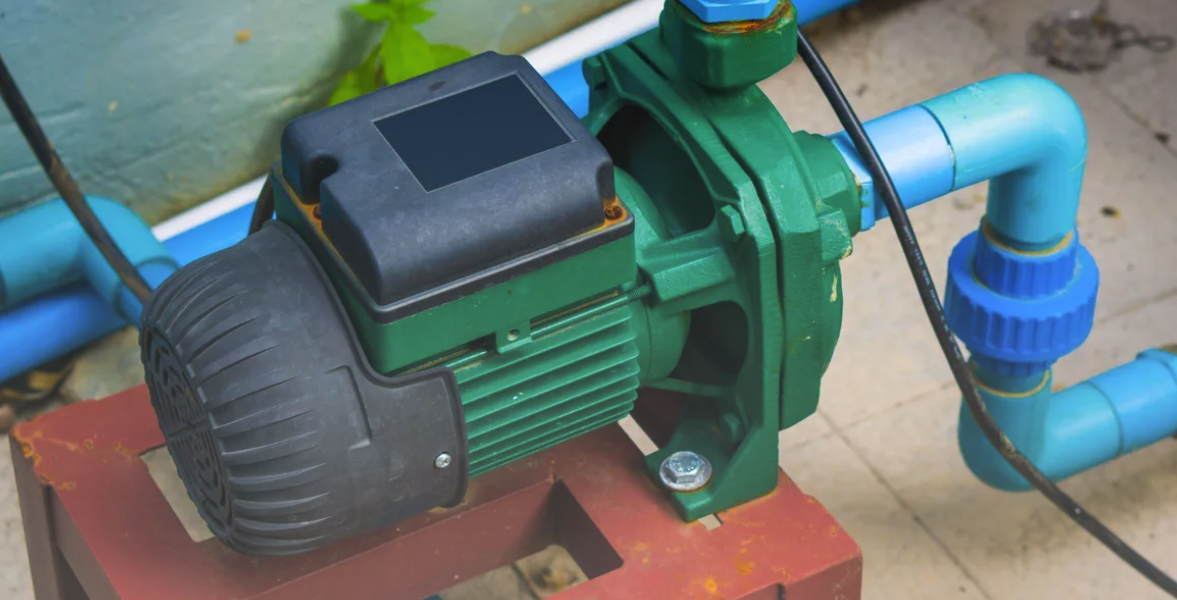Why Should You Invest in Surface Pumps?
RH Business Marketing Solutions
Surface pumps play a crucial role in various industries and applications, from agriculture and irrigation to water supply and industrial processes. Investing in surface pumps offers numerous benefits, including efficiency, reliability, and versatility.
In this blog post, we'll explore the reasons why surface pumps are a smart investment for businesses and individuals alike.
1. Efficient Water Transfer
Surface pumps are designed to efficiently transfer water from one location to another, making them ideal for irrigation systems, water supply networks, and other applications where water needs to be transported over long distances. These pumps can handle large volumes of water with minimal energy consumption, making them a cost-effective solution for water transfer needs.
2. Reliable Performance
One of the key advantages of surface pumps is their reliable performance in a wide range of operating conditions. Whether you're pumping water from a shallow well, a river, or a reservoir, surface pumps can deliver consistent and dependable performance day in and day out. This reliability is essential for businesses that depend on uninterrupted water supply for their operations.
3. Versatility
Surface pumps are incredibly versatile and can be used for a variety of applications, including irrigation, dewatering, firefighting, and more. They come in a range of sizes and configurations to suit different pumping requirements, from small residential systems to large-scale industrial operations. This versatility makes surface pumps a valuable investment for businesses and individuals with diverse pumping needs.
4. Easy Installation and Maintenance
Surface pumps are relatively easy to install and maintain, especially compared to submersible pumps or other types of pumping systems. With simple setup procedures and fewer components to worry about, surface pumps can be installed quickly and efficiently, minimizing downtime and disruption to your operations.
Additionally, routine maintenance tasks such as lubrication, inspection, and cleaning are straightforward and can be performed by onsite personnel or service technicians.
FAQs
What is the difference between surface pumps and submersible pumps?
Surface pumps are installed above ground and draw water from a water source such as a well, river, or reservoir. Submersible pumps, on the other hand, are installed underwater and are submerged in the water source. While both types of pumps are used for water transfer, submersible pumps are typically more efficient for deep well applications.
How do I determine the right size surface pump for my application?
The right size surface pump depends on factors such as the required flow rate, pressure, and head, as well as the type of fluid being pumped and the distance of the transfer. Consulting with a pump specialist or engineer can help you determine the appropriate pump size and configuration for your specific application.
Are surface pumps suitable for use in harsh environments?
Yes, surface pumps are designed to withstand a variety of environmental conditions, including extreme temperatures, humidity, and corrosive substances. However, it's important to select a pump that is specifically designed for the intended application and environment to ensure optimal performance and longevity.
How long do surface pumps typically last?
The lifespan of a surface pump depends on factors such as the quality of the pump, the operating conditions, and the maintenance practices followed. With proper installation, regular maintenance, and timely repairs, surface pumps can last anywhere from 10 to 20 years or more.
Conclusion
Investing in surface pumps offers numerous benefits, including efficient water transfer, reliable performance, versatility, and easy installation and maintenance. Whether you're a farmer looking to irrigate your fields, a municipality supplying water to residents, or an industrial facility in need of dewatering solutions, surface pumps provide a cost-effective and dependable pumping solution. So, consider the advantages of surface pumps and make the smart investment for your pumping needs today.
